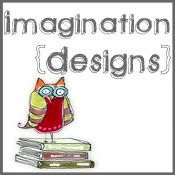When reading a book or watching a movie I don't care what the characters are planning to have for breakfast or what they did the night before unless it relates directly to the story. I know these are the kind of conversations everyone has, but for a reader/viewer to invest their time in the story there has to be a purpose for every little piece of dialogue or action. We assume that the characters are pondering these in the background, so it isn't necessary to include them in the story.
So, before writing that wonderfully realistic dialogue ask yourself if it will help progress the story.
How do you know whether the conversations in your story is necessary? Do you like dialogue that is overly realistic or just important?
- Posted using BlogPress from my iPhone
Location:White St,Dubbo,Australia
























3 comments:
I think it depends totally on the genere. I switch between them and I think there is a vast difference.
I also think it depends on when a book was published. Writing changes fast! Older books are slower paced than newer ones (blame fast food Lol)! But yea I don't want to know if the main character is taking a potty break.
Curious to see what everyone else thinks.
I leaned more towards only if important to the story or the development of the characters.
In real life, conversations, especially those between people who have known each other for a long time, are full of slang and inside jokes indecipherable to anyone not in the loop. And reading that (or watching it) is just no fun.
You were watching Quentin Tarantino, weren't you. 90% of his dialogue is realistic and unnecessary.
My opinion is this: So long as it is entertaining, I really don't care what they write or say.
That said, I do try to make my dialogue and scenes part of the greater story. Some of it develops the character, but I challenge myself about why I am writing that scene.
- Eric
Post a Comment